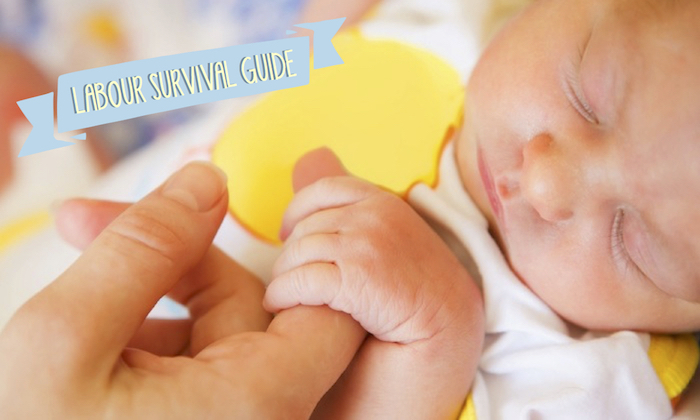
Pregnancy is a rollercoaster of emotions, all culminating in the exciting experience of labour and birth! You’ve made it 9 months thus far, and the last thing you want to happen is to break down when you see the finish line in sight. Here are Annerley’s top tips to making it through labour, mama- strap in, it’s going to be a bumpy ride!
1. Before you go into labour, think about this process as a journey of physical and psychological endurance, where both of those needs (physical and psychological) need to be nurtured and taken care of just like on a normal day, but in a much more intensified way.
2. This means that you need to absolutely make sure that you eat, drink, pee, sleep and move around regularly at all times.
3. You will be affected by those around you greatly, so make sure that they are people you like and trust and will not only take safe care of you but who will support you on your terms.
4. Pick a hospital and caregivers that are likely to meet your needs. For example, if rooming-in after the birth is not available, then don’t expect to be able to breastfeed successfully. Similarly, if C-section rates are very high in the hospital you are giving birth in, you are not likely to have a normal vaginal birth. If pain relief is important to you, you may have to educate yourself on how the hospital provides this and what you have to prepare for.
5. Prepare for a very unpredictable journey for 1 – 3 days that may be long and hard or short and intense, very tolerable and exciting and enjoyable but also can be full of obstacles that you will have to troubleshoot through. And through those, make sure that the partner(s) you have chosen are ones that team up with you and are resourceful and happy people.

6. Be ready to start the birth at home and practice beforehand in your home. Find the places inside the flat that you like, try various positions and use all the potentials of your space.
7. Learn about when it is time to go to hospital or find a midwife to help you to stay at home for as long as is appropriate.
8. Once in the hospital, make the best of the environment and make all efforts to communicate well with the staff, so that they can help you in the best way possible.
7. Use the “old fashioned” breathing and meditation techniques throughout the whole process; after all, labour will always slowly progress as long as time is passing, so try and go into a timeless zone by alternating activities and relaxation.
8. Attend antenatal classes and then meet with a midwife or doctor, depending on who will be helping you through labour, to discuss your personal preferences and how they can be accommodated.
9. Do not rely on other people’s experiences as a means to make decisions for your birth, although of course useful tips can be helpful.
10. If you need pain relief, use them at appropriate times and learn how to still go through labour as normally as possible, to maximise your chances of non-necessary interventions.
11. Throughout labour, use all sorts of different positions – also when pushing – until you find the ones that seem to both suit you well and give the best progress of labour.
12. Make sure that you know that monitoring your baby is very much possible in various positions – you do not have to lie on your back. Also, you can eat and drink during labour and even if you have an IV line, you can still be mobile.
13. Push only when you have an urge to push. Starting earlier may damage your pelvic floor and result in premature pushing, with no progress.
14. If you have chosen a hospital that allows for water for pain relief, make sure that you can actually use it, i.e. that there is a waterproof Doppler for listening to the baby’s heartbeat – otherwise you will be asked to leave the water for monitoring.
15. Ensure that a quiet and calm environment can be provided and that you are the first one to hold your baby, and that no one takes him or her away from you after the birth. The baby can well be monitored on your chest, if everything is normal.
 View All
View All











 View All
View All





 View All
View All


 View All
View All













